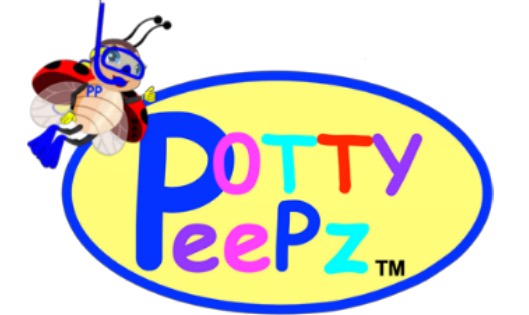What if my child's friends are all potty trained and my child is not yet trained?
The journey of raising a child comes with its unique set of challenges and milestones. One of these commonly discussed milestones is potty training. It's natural for parents to feel concerned if their 3-year-old is not yet potty trained, especially when comparing their child's progress to that of others. This blog post explores the variability of ages that children potty train successful.
Understanding Variability in Potty Training:
Every child is unique, and developmental timelines can vary widely. It's essential to recognize that potty training is not a one-size-fits-all process. Just like teething, walking and talking each child develops differently than others, no two are the same. According to the American Academy of Pediatrics (AAP), the age at which children become interested in using the potty and achieve success can range from 18 months to 4 years and beyond.
Data and Statistics:
-
American Academy of Pediatrics (AAP) Guidelines:
- According to the AAP, most children begin to show interest in potty training between 18 and 24 months. However, it's entirely normal for some children to start later, around 2.5 to 3 years.
-
National Survey Data:
- A national survey conducted by the Centers for Disease Control and Prevention (CDC) found that 85% of children were dry during the day by 3 years old. However, this still leaves a considerable percentage of children who may take a bit longer to achieve this milestone.
Factors Influencing Potty Training Readiness:
-
Individual Variability:
- Just like some children walk or talk earlier than others, the same variability applies to potty training. Some children may be ready earlier, while others may need more time to grasp the concept.
-
Temperament:
- Each child has their unique temperament, which can influence their approach to new experiences. Some children may be more cautious or resistant to change, including the transition to using the potty.
-
Parenting Approach:
- Parenting styles and approaches to potty training can also impact a child's readiness. It's crucial to create a supportive and positive environment that encourages exploration and learning.
Tips for Gentle Potty Training:
-
Avoid Comparison:
- Every child develops at their own pace. Avoid comparing your child's progress to others. Remember that developmental milestones are guidelines, not rigid rules.
-
Create a Positive Environment:
- Foster a positive and encouraging atmosphere around potty training. Celebrate small successes and avoid pressure, which can create stress for both you and your child.
-
Follow Their Lead:
- Pay attention to your child's cues. If they show interest in using the potty, offer gentle guidance. Forcing the process can lead to resistance.
-
Establish a Routine:
- Consistency is key. Establish a routine for potty time, such as after meals or before bedtime. Predictability can help your child feel more secure during the learning process.
Conclusion:
In conclusion, parents, rest assured that the journey to potty training is as unique as your child. Other parents may indicate their child is potty trained when in actuality the child still has frequent accidents and wets the bed. Most parents want to present their child in the best light possible and often stretch the truth. Don't put much stock in what other parents tell you. Utilize the information and guidelines provided by reputable sources like the AAP, and remember that developmental milestones are a range, not a strict schedule. Some children will be in the last 10% to potty train which may very well be later than their friends. However, there is absolutely no correlation between potty training age and future achievement or intelligence.
If you ever feel concerned about your child's developmental progress, including potty training, don't hesitate to reach out to your pediatrician for support, guidance, and personalized advice tailored to your child's individual needs

